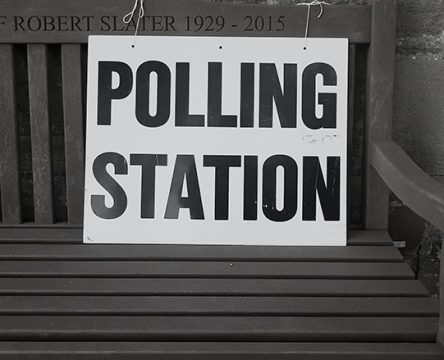A series of ground-breaking briefing notes were produced by the Human Dignity Trust in the second half of 2015. These notes aim to illustrate the link between the criminalisation of lesbian, gay, bisexual and transgender (LGBT) people and various aspects of good governance. They also offer information and guidance to governments, the international community, civil society and activists on how to bring about the decriminalisation of same-sex sexual activity across the globe. This research draws on our experience working with activists in criminalising countries and our expertise in international human rights law. They were produced in consultation with leading academics in each of the areas addressed.
International business can play a crucial role in achieving decriminalisation. As key players and stakeholders in civil society, businesses have the means to influence the debate on LGBT rights at home and abroad. More directly, many multinational corporations have connections to governments and politicians in countries where same-sex sexual activity is a crime and where the lives of LGBT people are severely restricted. These businesses have had the means to influence for many years; some have used it to great effect.
In parallel, there is an economic case for decriminalisation. There is mounting evidence that criminalising same-sex sexual activity reduces productivity and economic growth. This alone should provide political impetus within criminalising countries to decriminalise. At the same time, international businesses can articulate to governments which criminalise same-sex sexual activity that these restrictive laws make them less attractive as a destination for global capital and tourism.
This note outlines the economic and business case for decriminalisation and how corporations can support reform in criminalising countries.
Download the note



